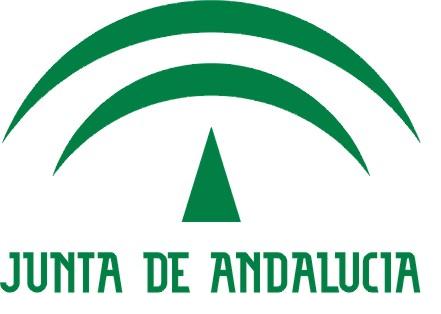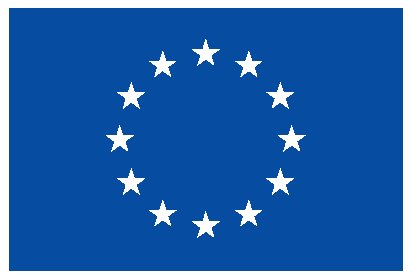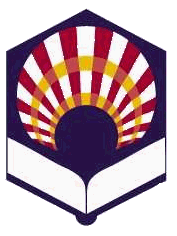An Evolutionary Artificial Neural Network approach for spatio-temporal wave height time series reconstruction
Hits: 3266
- Áreas de investigación:
- Sin categoría
- Año:
- 2023
- Tipo de publicación:
- Artículo
- Autores:
- Journal:
- Applied Soft Computing
- Volumen:
- 146
- Páginas:
- 110647
- Mes:
- Septiembre
- ISSN:
- 1568-4946
- BibTex:
- Nota:
- JCR(2023): 7.2, Position: 15/169 (Q1) Category: COMPUTER SCIENCE, INTERDISCIPLINARY APPLICATIONS
- Abstract:
- This paper proposes a novel methodology for recovering missing time series data, a crucial task for subsequent Machine Learning (ML) analyses. The methodology is specifically applied to Significant Wave Height (SWH) time series in the field of marine engineering. The proposed approach involves two phases. Firstly, the SWH time series for each buoy is independently reconstructed using three transfer function models: regression-based, correlation-based, and distance-based. The distance-based transfer function exhibits the best overall performance. Secondly, Evolutionary Artificial Neural Networks (EANNs) are utilised for the final recovery of each time series, using as inputs highly correlated buoys that have been intermediately recovered. The EANNs are evolved considering two metrics, the novel squared error relevance area, which balances the importance of extreme and around-mean values, and the well-known mean squared error. The study considers SWH time series data from 15 buoys in two coastal zones in the United States. The results demonstrate that the distance-based transfer function is generally the best transfer function, and that EANNs outperform a range of state-of-the-art ML techniques in 12 out of the 15 buoys, with a number of connections comparable to linear models. Furthermore, the proposed methodology outperforms the two most popular approaches for time series reconstruction, BRITS and SAITS, for all buoys except one. Therefore, the proposed methodology provides a promising approach, which may be applied to time series from other fields, such as wind or solar energy farms in the field of green energy.
- Comentarios:
- JCR(2023): 7.2, Position: 15/169 (Q1) Category: COMPUTER SCIENCE, INTERDISCIPLINARY APPLICATIONS







